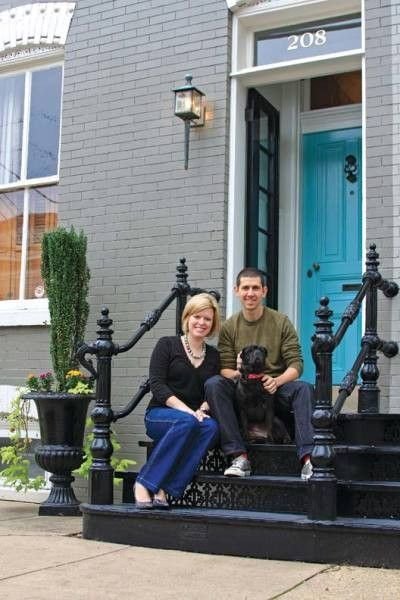If you’re sitting on $50,000 and thinking it’s not enough to enter the real estate game,think again. While that amount might barely buy you a parking space in London or Los Angeles, it can go a long way in Eastern Europe. This part of the world offers an intriguing mix of affordability, solid rental yields, and increasing foreign interest,especially from remote workers, expats, and digital nomads.
Eastern Europe isn’t just “cheap”; it’s smart money,if you know where to look and how to navigate the landscape. This guide will walk you through how to make that $50K work for you without getting scammed, stuck, or sidelined by bureaucratic nightmares.
Step 1: Understand What $50K Can Really Buy
Before you dream of a luxury penthouse in Prague, let’s get real. With $50K:
- You can buy a modest apartment (studio or 1-bedroom) outright in small cities or countryside towns.
- You might afford a fixer-upper in a mid-sized city that you can renovate over time.
- You won’t buy prime property in capital cities like Warsaw, Budapest, or Bucharest,unless you’re buying a share, not the whole.
- But here’s the win: You’ll own it free and clear. No mortgage, no debt.
Step 2: Pick the Right Country
Your dollar stretches differently depending on where you plant it. Here’s a breakdown of some countries where $50K still holds power:
1. Bulgaria
- What you can buy: Studio or 1-bed apartments in coastal towns or ski resorts (e.g., Bansko, Sunny Beach).
- Why it’s attractive: Low property taxes, EU members, rising tourism.
- Caution: Some areas oversaturated with foreign investors; avoid off-plan schemes.
2. Romania
- What you can buy: Small flats in cities like Timișoara, Iași, or Cluj outskirts.
- Why it’s attractive: Growing IT sector, beautiful natural landscapes, educated workforce.
- Caution: Bureaucracy can be heavy,use a trusted local agent.
3. Albania
- What you can buy: Seaside apartment near Saranda or Vlora.
- Why it’s attractive: Fast-growing coastal tourism, investor-friendly.
- Caution: Not in the EU yet; legal systems are still developing.
4. North Macedonia or Serbia
- What you can buy: Downtown studios in cities like Skopje or Nis.
- Why it’s attractive: Low entry point, decent long-term prospects, solid rental demand.
- Caution: Political instability can affect resale value.
Step 3: Understand the Legal Side
Each country has its quirks. Here’s a simplified overview of what to prepare for:
- Hire a local real estate lawyer. Period. They’ll translate documents, verify titles, and shield you from scams.
- Check foreign ownership laws. Some countries restrict land ownership to citizens. If buying a house with land, ask whether a foreigner can legally own it.
- Property taxes and fees: Expect to pay between 2–5% in legal fees, notary costs, and taxes.
- Title Deeds & Registration: Always register your property officially. Don’t take shortcuts.
Step 4: Think Like an Investor
A $50K property in Eastern Europe won’t make you a millionaire overnight,but it can:
- Generate monthly income via long-term local rental or short-term Airbnb.
- Serve as a low-cost base if you’re a digital nomad or seasonal traveler.
- Function as an inflation hedge in a de-dollarizing world.
Example:
- Buy a $45,000 flat in Bansko, Bulgaria
- Spend $5K furnishing it for short-term ski rentals
- Earn $350–500/month in-season
- That’s a 7–12% gross yield,not bad.
Step 5: Avoid the Tourist Traps
Where foreigners flock, scams follow. Be smart:
- Avoid off-plan or pre-construction projects unless working with well-known, vetted developers.
- Do your due diligence. Read local expat forums. Join Facebook groups. Talk to people on the ground.
- Use a reputable agent, not just anyone who speaks English.
- Bonus: Go Where the Locals Invest
Want to really win? Follow local money.
In countries like Albania and Romania, locals often invest in areas they expect to boom in the next 5–10 years. These aren’t usually where foreign retirees or YouTubers are buying. They’re near infrastructure projects, university towns, or new industrial zones.
Don’t just buy what’s shiny. Buy what’s smart.
Final Thoughts
Buying property in Eastern Europe with $50K isn’t just possible,it’s strategic. But it requires clarity, cultural literacy, and a long-term mindset. You’re not just buying a roof over your head,you’re planting a financial flag in a fast-changing region.
Done right,this could be the most valuable piece of paper in your passport.













